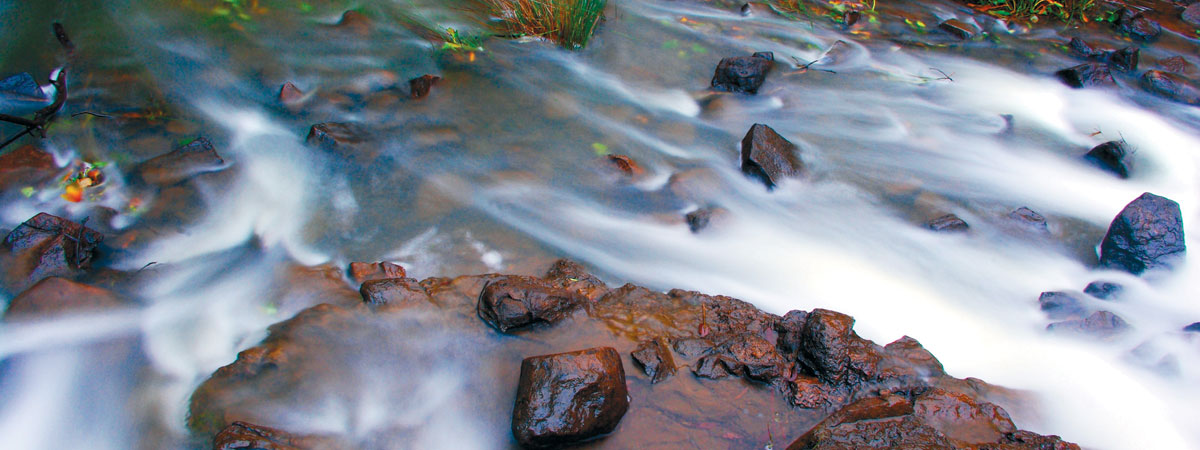The Queensland Department of Natural Resources and Mines[1] have recently implemented a new groundwater monitoring program in areas of coal seam gas (CSG) development. There are two sub-projects: CSG Online and CSG Net.
The CSG Online program involves the installation of continuous monitoring loggers and telemetry on 60 strategically located bores, the data from which is made publically accessibly ‘live and online’. Where traditionally the department has installed telemetry equipped water level loggers in department owned, dedicated monitoring bores, the CSG Online program is also utilising suitable private water bores as monitoring locations. The methodology for installing and maintaining telemetry equipped water level loggers alongside water supply pumps in private water bores has required innovation and some trial and error. However, the inclusion of private water bores as potential monitoring locations has greatly increased the spatial reach of the program. The water level data received from bores that are intermittently pumped for water supply can in some instances provide additional information for water resource analysis beyond that obtained by traditional dedicated monitoring bores.
CSG Net is a community based monitoring program where landholders in CSG areas are engaged in groups, provided with information on the CSG industry and groundwater systems and encouraged to measure groundwater levels in their private water bores on a monthly basis. Systems have been developed to enable landholders to submit their monitoring data to the department for storage in the department’s groundwater database, the data from which is publicly accessible via the Queensland Globe. Outcomes from the landholder monitoring, and complementary monitoring undertaken by the department and CSG companies, are shared and discussed at annual workshops.
The new monitoring program has been highly successful to date. Similar programs are being actively considered for use in other sectors in Queensland where operational activities associated with industries such as mining or shale gas may impact on landholder’s access to groundwater resources.
[1] The department is now known as the Department of Natural Resources, Mines and Energy

